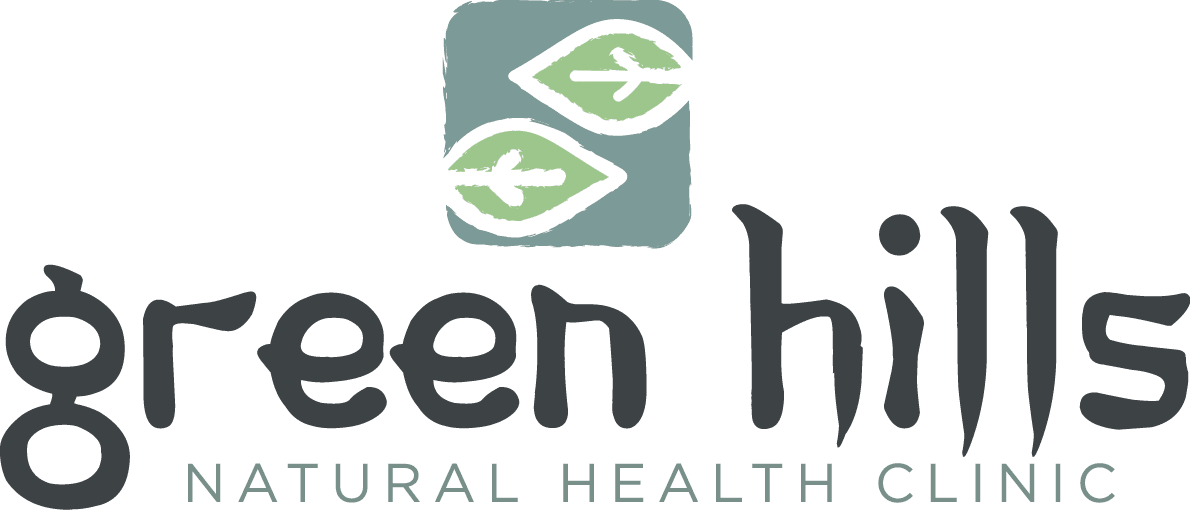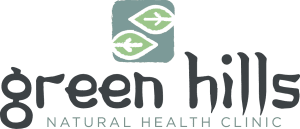Frequently Asked Questions
What is Acupuncture?
Acupuncture is part of a larger system of medicine know as Traditional Chinese Medicine (TCM) which has a recorded clinical history of over 2,000 years. Several modalities of treatment are included under the umbrella of TCM. The most common include: acupuncture, herbs, massage, and dietary therapy. Acupuncture is the insertion of fine, sterile and disposable needles into the body at specific points. The stimulation of these points restores balance to the body’s energetic systems, healing body, mind and spirit.
What is a Typical Acupuncture Treatment Like?
The first treatment will last approximately 60 minutes and includes a full health history and treatment. You will lay comfortably on a massage table with relaxing music during your treatment. Most people get deeply relaxed and many feel it is “more relaxing than a massage.”
Upon completion, a customized treatment plan will be developed. Follow up visits last 30-45 minutes. The number of treatments required depends on your condition. Many can be treated in 3-8 treatments, while chronic or degenerative conditions may require tune-ups after the initial series of treatments.
We use only single-use, disposable needles.
Does Acupuncture Hurt?
NO! Acupuncture needles are extremely fine, flexible, and are about the diameter of a human hair. They are nothing like the hypodermic needles we remember as children and no medicine is forced into the muscle. Acupuncture needles are sterile, vacuum packaged, single-use and are disposed of after use. In almost all cases, insertion by a qualified practitioner is performed with a minimum of discomfort. Most patients find treatments very relaxing and many fall asleep during treatments. Treatments can also be tailored to patients using acupuncture styles with very shallow needle insertion. For the needle phobic patient, many conditions can be well treated with Chinese Herbs only.
How Does Acupuncture Work?
- Releases endorphins, the body’s natural pain medicine
- Activates certain brain centers, resulting in a broad spectrum of effects
- Alters neurotransmitters, affecting mood and regulatory functions
- Changes the regulation of blood flow
- Benefits immune function
The Chinese diagnostic system is based on a system of pattern recognition. Through question and examination, the TCM practitioner determines patterns of imbalance in the flow of vital energy or Qi (pronounced “chee”). Once the pattern is identified, acupuncture and herbs can be used to bring the body back into harmony.
How Can Chinese Herbs Help?
Chinese herbal medicine is the most highly developed and most commonly used system of herbal medicine in the world. It can be used independently or together with acupuncture to treat a wide variety of health conditions. Herbs are given in standard combinations or formulas of approximately 4 – 15 herbs and are prescribed based on TCM pattern diagnosis. Herbs are combined to:
- Enhance the effects of similarly acting herbs
- Moderate or balance the effects of other herbs in the formula
- Treat multiple symptom patterns
- Treat both symptom and constitutional patterns simultaneously
There are over 400 individual herbs and 250 standard formulas in the Chinese Herbal Medicine Materia Medica. They can be combined in almost infinite combinations to customize your treatment. Their effects, based on thousands of years of experience and refinement, include the following TCM treatment principals:
- Regulate and Nourish the Blood (think PMS/menopausal symptoms)
- Move the Blood (think pain)
- Tonify Qi (think fatigue)
- Warm the Interior (think arthritis that’s worse in winter)
- Calm the Spirit (think anxiety/stress/depression)
- Clear Heat (think hot sore throat, or hot rash)
- Transform Phlegm & Stop Cough
- Resolving Dampness (think stuffy nose/sinuses, or diarrhea)
- Relieve Food Stagnation
Herbs are from reputable suppliers who test for insecticides and heavy metals. Research and vast anecdotal evidence suggest that Chinese herbs may be safely combined with most western medication. You should inform your practitioner if you have high blood pressure, clotting disorders, or may be pregnant.
How Do I Choose an Acupuncturist?
The State of Tennessee began licensing acupuncturists in 2003. You should seek out a licensed acupuncturist trained in an ACAOM approved school who is nationally board certified by the NCCAOM. ACAOM approval insures a well rounded education of at least 3 years duration in both Chinese and Western medical theory including a minimum of 700 clinical hours.
Most medical doctors and chiropractors who practice acupuncture have only 150-200 hours of total training. While their western medical background may provide additional benefits, they are not versed in the subtleties of TCM. Be sure to ask about their background and experience. Finally, choose someone you feel comfortable with, who will answers your questions, and willingly communicates expectations and feedback.
What Does Treatment Cost?
Question and Answer (15 min Q&A) – No Charge
Rachel’s Services
Herbs – $10 – $20 per week
Will insurance cover treatment?
Call your insurance company to find out if acupuncture is a covered service. There are currently no provider networks in TN, but we can give you the appropriate forms to submit if you are covered. Payment is due at the time of service. Health savings accounts can be used as payment for acupuncture but not for herbal medicine.
What Can Traditional Chinese Medicine Treat?
- Specialties of treatment include:
- Musculoskeletal Pain and Injuries
- Infertility and Enhancing ART
- Allergies and Sinusitis
- Headaches
- Menstrual/Menopausal Symptoms
- Weight Loss and Digestive Issues
- Stress/Anxiety
- General Medicine
TCM is a complete system of medicine that treats numerous other conditions. For more information on a specific condition, email or call Rachel.
- Musculoskeletal Pain and Injuries
- Infertility and Enhancing ART
- Allergies and Sinusitis
- Headaches
- Menstrual/Menopausal Symptoms
- Weight Loss and Digestive Issues
- Stress/Anxiety
- General Medicine


